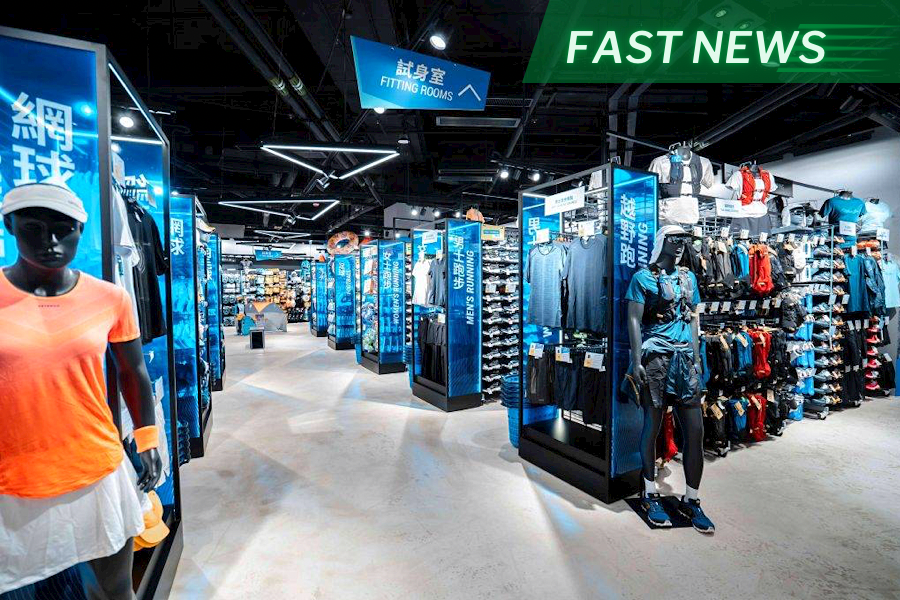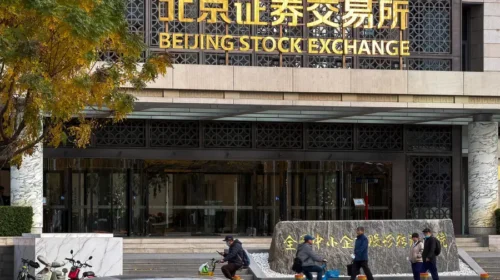FAST NEWS: Topsports’ Quarterly Sales Decline, But Shares Still Jump

The latest: Topsports International Holdings Ltd. (6110.HK), a major distributor for Nike and Adidas in China, said on Wednesday combined sales for its retail and wholesale operations registered a high-teens decline year-on-year in its third fiscal quarter through November.
Looking up: The company continued its strategy of replacing numerous smaller-format stores with a smaller number of large-format ones. During the period, the gross selling area of its directly-operated stores fell by 1.3% versus the end of previous quarter, and declined by 5.7% year-on-year, which may help to alleviate its rental expenses.
Take Note: The company’s total sales for its second fiscal quarter through August fell by low single-digits year-over-year, showing its business deteriorated in the third fiscal quarter.
Digging Deeper: As the Chinese distributor for Nike (NKE.US) and Adidas (ADS.DE), Topsports has faced headwinds on two major fronts over the past two years. It took a hit after some international brands stopped using cotton from China’s Xinjiang region over controversial labor practices, leading some Chinese consumers to boycott foreign apparel brands in favor of their domestic rivals. More recently, the company has also suffered due to frequent lockdowns and other strict control measures in response to China’s latest Covid outbreaks, which forced the closure of and reduced traffic at its brick-and-mortar store network.
Market Reaction: Despite the downbeat report, Topsports shares rose in Thursday morning trade in Hong Kong, closing up 6.9% at HK$6.01 by the midday break. The shares now trade near the middle of their 52-week range.
Translation by Jony Ho
To subscribe to Bamboo Works free weekly newsletter, click here





